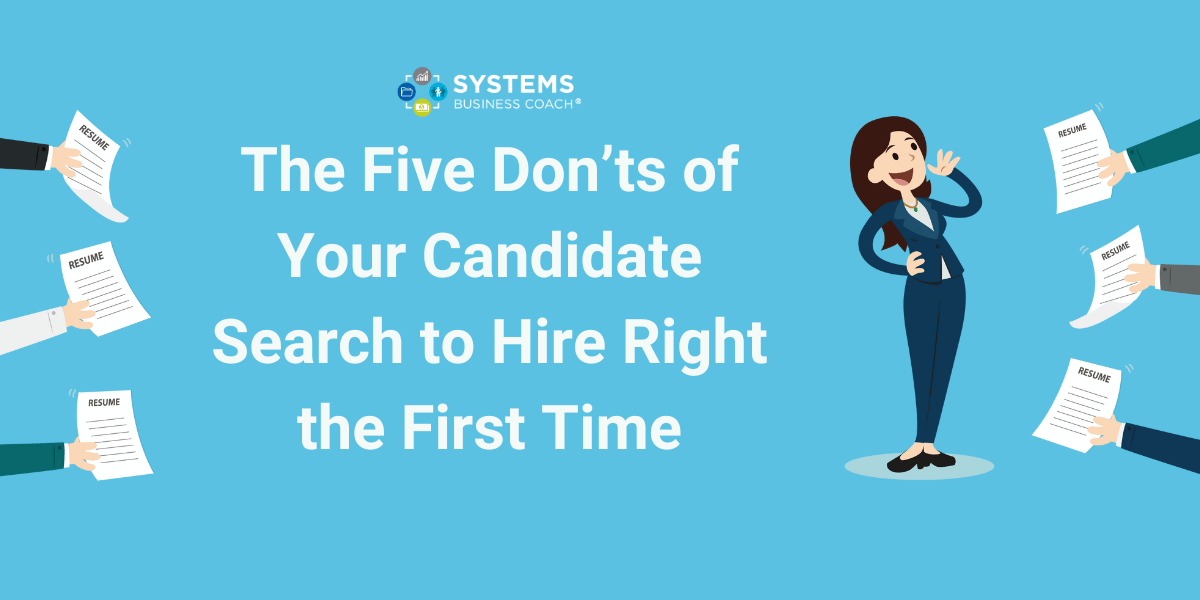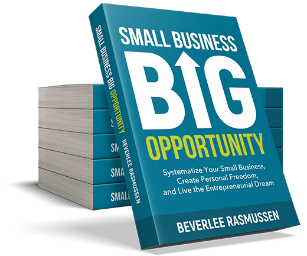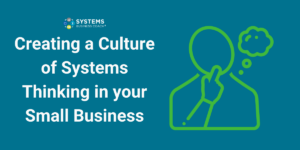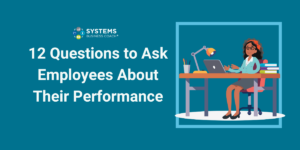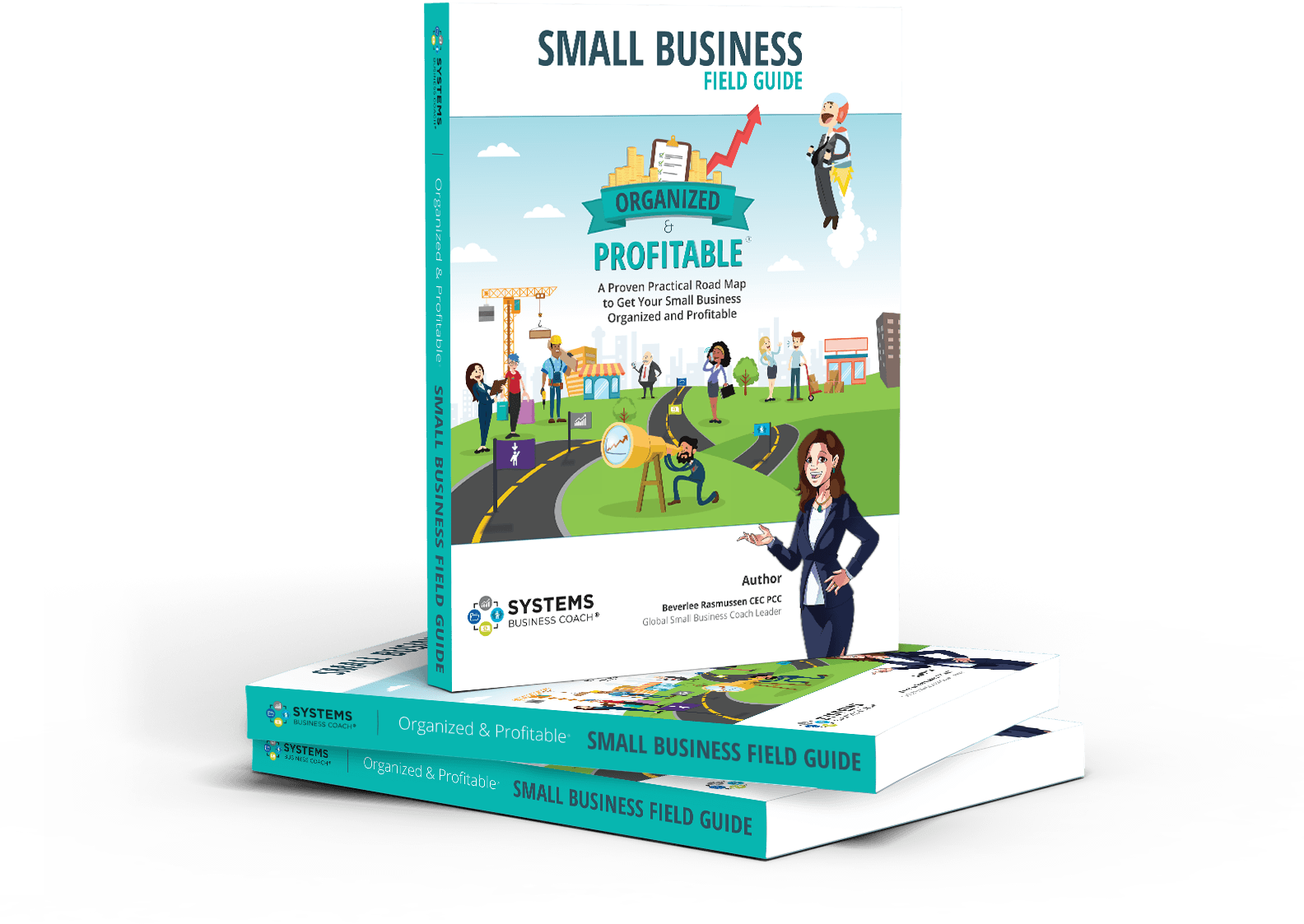Your recruiting process, like other systems in your business, is about creating consistent, predictable results. Whether you’re a two-person business or a company with 300-plus employees, a smart search system takes the guesswork out of hiring. Finding the right hire is just one step in your recruiting system.
Here are 5 things to avoid so you can hire right the first time!
1. Don’t Concede Your Power
Owners worry about losing the “perfect” candidate. I want Johny. Johnny’s the best in the industry. I’m going to do anything I can to get Johnny. Pay more. Outbid everyone. This mindset allows Johnny to hold a business owner for ransom. Johnny has all the power; not you.
In this whole process, hold on to your power. You are the boss. Yes, you’re judging other people. It’s difficult. And you have to do it. Fortunately, a hiring process takes the emotion out of it. That’s a key advantage of having a system in any part of your business—a system generally takes emotion out of your decisions.
So hold on to your power. This is the time when you as a small business owner have all the power, and you don’t want to give it away. If at any point you feel like you’re giving in, that’s a red flag.
If you feel you haven’t been in control of hiring in the past, take your power back now. Double check candidates’ resumes. Ask for more references. Do another interview. Bring in another group of candidates. It’s a pain, I know. Approach anyone you’re bringing into your company the same way as dating. When you get married, you’re financially responsible for the other person. Treat anyone you hire as if they’re going to be running your company.

2. Don’t Hire Family, Friends and Neighbors
Hiring is not a time to cut corners and just hire the first person that is available, though we’ve all done it.
When I owned my agency, I hired—then had to fire—my best friend. It cost me that important friendship. I was in a hurry to find a new bookkeeper and didn’t imagine what lay ahead when I hired her. It was a disaster. She shared confidential information with my staff and told lies that made everyone worry needlessly. Of course, I learned later she was struggling with some pretty serious personal issues. As her boss, I had to fire her. I wish I could have been there for her as a friend. I could not.
The risk of hiring family and friends most often outweighs the benefit. Sometimes it works out, most of the time it doesn’t.
3. Don’t Compromise
Does this sound like you? The candidate “sorta fits, but not really.” You “prefer not to hire Mom, but she’s the only one who applied.” Or your new hire wants way more than you’re comfortable paying. Don’t compromise on hiring. It’s guaranteed to cost you both emotional and financial pain when it doesn’t work out.
I see this as the biggest hiring mistake, compromising or trying to take a shortcut in the process. Start early so you don’t feel backed into a corner hiring someone you may regret. Wrong employees are expensive. Take the time to find the right hire.
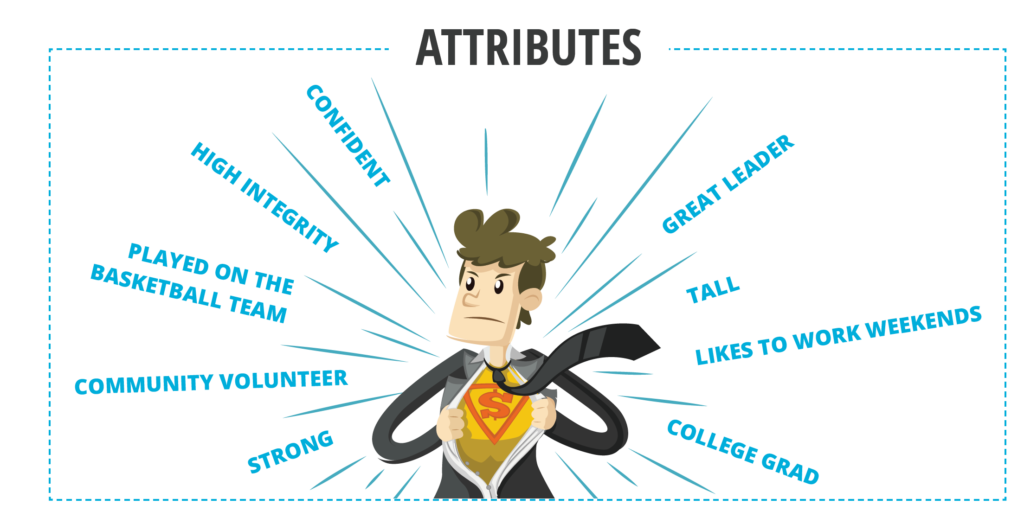
4. Don’t Treat Hiring Like a Transaction
My son Jeff once worked for a company whose owner walked him around the plant, did all the talking, and hired him on the spot. “You can start Monday,” were his exact words. It turned out to be a horrible, unsafe place to work. The owner was completely disorganized. Within a week, Jeff was already looking for a new job.
Fortunately for Jeff, his brother was working for a great company in the same industry and put in a good word for him. Whereas the disorganized owner made a hiring decision within an hour of meeting Jeff, the other owner took three months. He does his due diligence before hiring anyone; that’s the system.
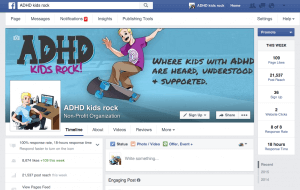
Three interviews and a personality test enabled them to determine if Jeff was the right fit, which he was. During the final interview round, the hiring manager asked Jeff what his favorite job had been so far. “Public speaking!” he said. This took them aback. Here was this nineteen-year-old who started his own foundation and online community for kids with ADHD. He gave a seven-minute speech to teachers, doctors, and parents and got paid $500. The owner appreciated this part of Jeff’s world. It was a relationship-building process. They made Jeff wait and it was worth it. I think Jeff is on track to tell me that now this is the best job he’s ever had. Treating people like people goes a long way.
5. Don’t Skip the Vetting
The biggest filtering mistake small business entrepreneurs make is not doing it. They don’t expect candidates to adhere to the resume submission guidelines in the job posting, they don’t ask pre-interview questions, and they don’t check references. “Hey, I like you. You’re hired,” is about as sophisticated as their filtering gets.
With today’s technology and fast-paced world, it’s easy to slip a little lie through on a resume or in an interview. I worked with a client whose CEO lied about having a Harvard MBA. The company didn’t check—which almost cost them the company. Pick up the phone and check with previous employers, high school teachers and service groups they are in. Fact-check to find out if what they are saying is true. Better to take a little extra time now than lose a lot of money on a bad hire over the next several years.
I hope this helps you find the right hire. Until next time, enjoy your Entrepreneurial Journey!

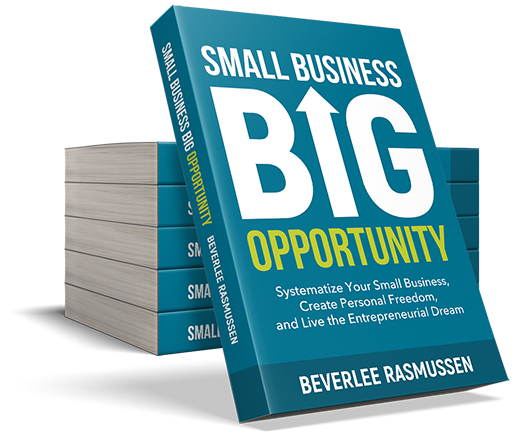
The best small business book ever written!
This is an excerpt from my new book Small Business, Big Opportunity. In the book, I go into a detailed explanation of all the steps in the hiring process, plus many more genuine best business practices. You can buy your copy here!

